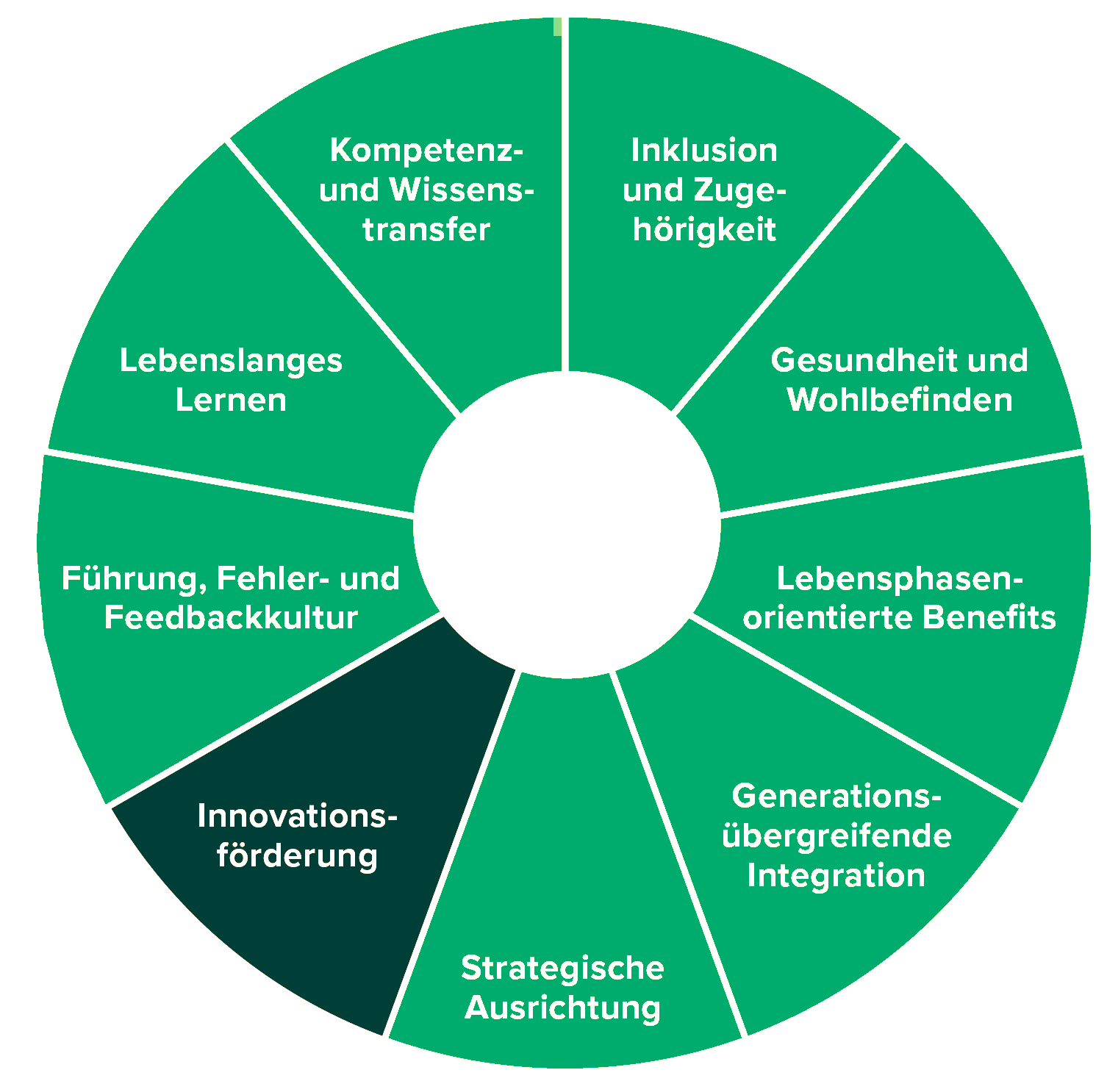Rethinking Corporate Social Responsibility: How cultural responsibility and sustainability belong together


CSR is not an end in itself, but a strategic lever for making organizations resilient and sustainable.
Dr. Irène Kilubi, PhD in Industrial Engineering and Management Consultantlinkedin.com/dr-irene-y-kilubi
Corporate Social Responsibility (CSR) was long a moral choice. Today, it is a business obligation. Those who take CSR seriously recognize that it is not a nice-to-have, but the foundation of corporate credibility. Companies that embed diversity, inclusion, and sustainability deeply in their identity gain trust and demonstrate that their approach has an impact.
Diversity and inclusion are no longer soft topics, but engines of innovation. Different perspectives in teams lead to better solutions, challenge routines, and open up new ways of thinking. The JOINT GENERATIONS SCORE (JG-SCORE), an analysis and development tool for cultural maturity, shows that the dimensions of "cross-generational integration," "skills and knowledge transfer," and "health and well-being" in particular strengthen corporate culture, innovative strength, and loyalty. At the same time, social pressure is growing. Companies that neglect CO2 reduction or life-phase-oriented benefits lose trust – both internally and externally.
CSR starts small: with honest dialogue, with listening, with initial impulses. However, it only becomes truly effective when it develops into a clear strategy. Tools like the JG-SCORE make this development measurable. They provide guidance, encourage reflection, and make CSR a leadership task. Important levers are training programs that raise awareness and internal multipliers who support change. It is crucial that CSR is not run as an isolated project but is integrated into all areas of the company – from purchasing to product development.

Source: JOINT GENERATIONS gGmbH
Talented individuals, especially younger generations, are increasingly focused on attitude, not just salary. Companies that credibly embrace diversity and sustainability are more attractive than any glossy campaign. A strong culture of feedback and error, as captured by the JG-SCORE, often makes the difference. Authenticity builds loyalty – among both new and existing employees.
Impact requires transparency. ESG ratings provide an initial indication, but rarely reveal how corporate culture actually works. The JG-SCORE provides deeper insights – for example, in the areas of health and well-being or strategic direction. Making change visible also allows for targeted management.
CSR of the future is participatory, data-driven, and culturally embedded. Developments such as employee-led sustainability, cross-generational innovation support, and AI-supported impact measurement are changing the requirements.
CSR is not an end in itself, but a strategic lever for making organizations resilient and future-proof. Those who not only manage it but also live it actively shape the future.
BOOK TIP “YOU ARE MORE THAN A NUMBER – Why age doesn’t matter”
erfolgundbusiness






